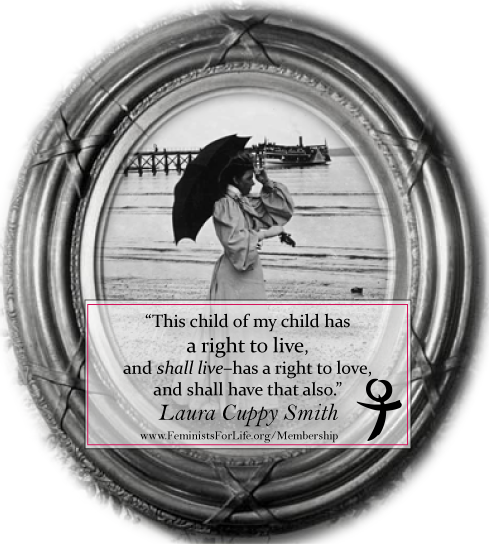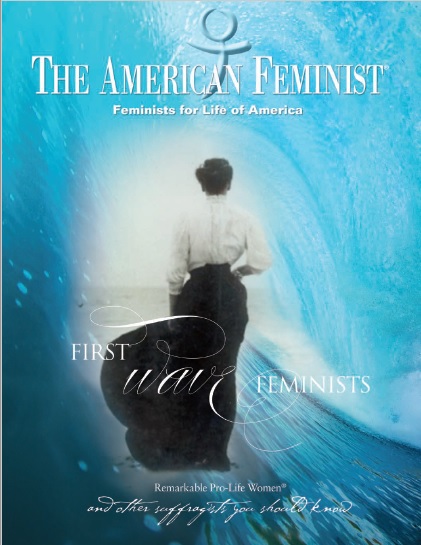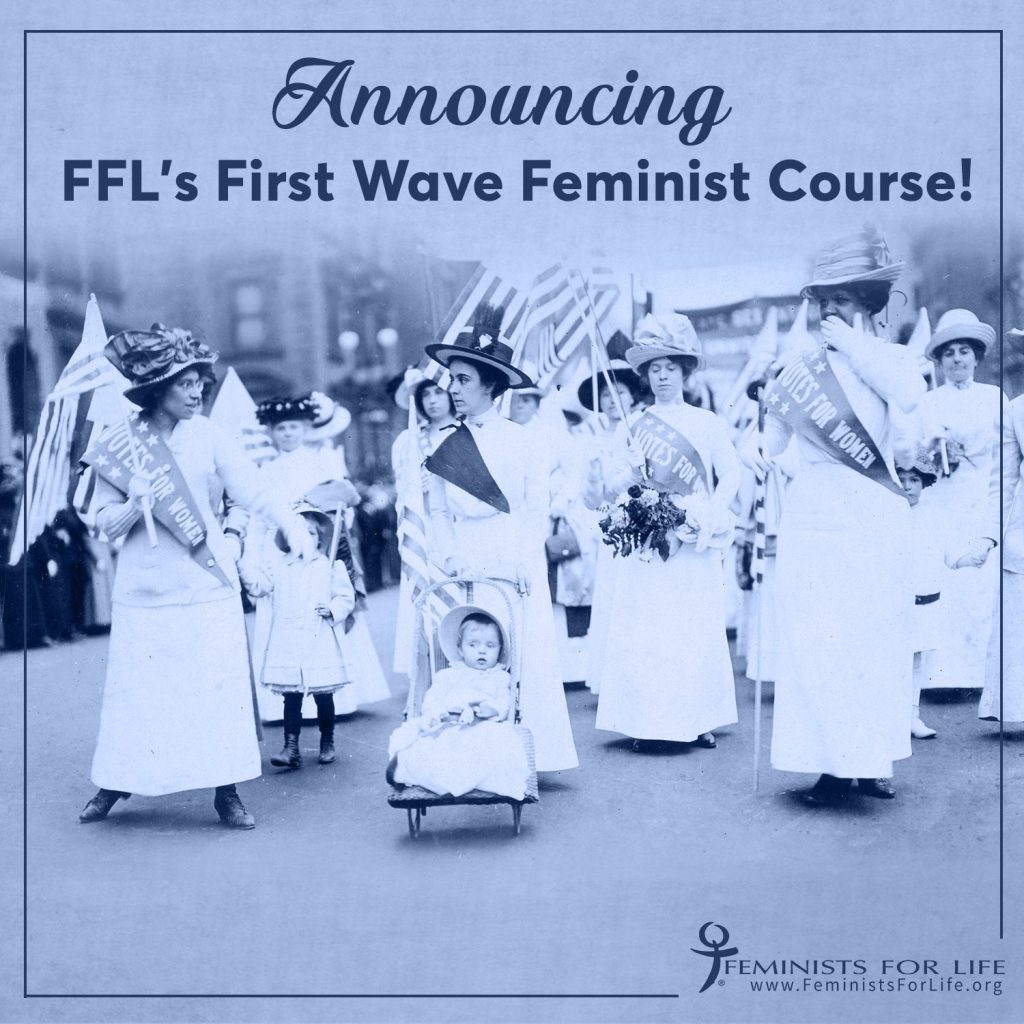
Lecturer and Spiritualist minister Laura Cuppy Smith (fl. 1870s) emigrated from Britain to the U.S. at fourteen. When still a young mother, she was widowed by suicide. Nearly destitute, Smith moved with her children to San Francisco, where she organized numerous suffrage societies and helped present the first women’s suffrage petition to the California legislature. This occasion, as well as Smith’s labor agitations, won her international notice. An ardent defender of free speech, Smith served as a caregiver and character witness for Victoria Woodhull during her obscenity trial (for exposing the Beecher-Tilton affair); Smith also won a presidential pardon for Ezra Heywood, who was convicted of distributing materials in favor of “free love” (deemed obscene under the Comstock Law). In 1872, Smith wrote evocatively of how her daughter’s unplanned pregnancy shaped her own activism.
“[O]ne day I penetrated the secret of the change that had descended upon [my daughter’s] joyous spirit. This young maiden who was not a wife would soon be … a mother … Friends said—well-meaning friends—‘There is a way, hide this thing from sight, send her on a journey, destroy this evidence of youthful folly, all may yet be well.’ I was proud; I loved a good position in society for myself, how much more for my children … how could I bear that the world should point its finger at [my daughter] and utter its mocking laugh? how could I save her? should I accept this ‘one way’ suggested? … I made my resolve. I said, ‘This child of youth and love! this child of my child has a right to live, and shall live—has a right to love, and shall have that also; has a mission to its mother and shall perform it … No dark secret shall dog my child’s footsteps through life; she shall enter no man’s home with a lie on her lips … Love, not guilt, has made her what she is. If the world calls her “wicked,” “outcast,” the world lies, and we will live the lie down.’ … [I] went … to welcome my little grandson into existence, a child as bright and fair and pure as if all the priests and bishops in Christendom had given him permission to be born and live and aspire … the world could not wound us much after that … [And] … our nearest and dearest … acknowledged, with tears, the wisdom that sustained us.”
—From “How One Woman Entered the Ranks of Social Reform, or, A Mother’s Story,” Woodhull and Claflin’s Weekly, March 1, 1873.
By Jen Hawkins







